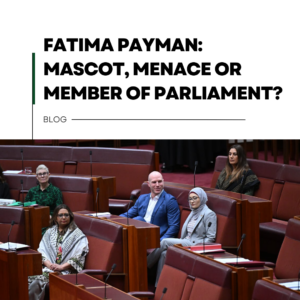The common assumption that Prophet Muhammad (pbuh) married Hadhrat Ayesha when she was only six years old is false. Hadhrat Ayesha (may God be pleased with her) was married to Prophet Muhammad (peace be upon him) at around the age of fifteen and may have even been as old as nineteen or twenty.
It is categorically established in historical accounts, and a variety of authentic historical references substantiate this conclusion. Age was never an issue for the people of that time, until now, when Islamophobes use this misconception to justify their wrongful spread of false notions against Islam.
The Holy Qur’an gives a clear definition of adulthood and marriageable age— when one has attained a good measure of mental and physical maturity. The Qur’an rejects the marriage of immature girls and boys as well as entrusting them with serious financial responsibilities.
Hadhrat Ayesha, when asked to describe the Prophet’s character, answered that his character was the Qur’an. What he did was what the Qur’an taught; what the Holy Qur’an taught was nothing else than what he did. Thus, the Holy Prophet (peace be upon him) could not have married a young immature child as it is against the teachings of the Holy Qur’an.
People who take pity on Hadhrat Ayesha (may God be pleased with her) should not forget that she took pride in being the Prophet’s wife. Not once throughout her marriage to the Prophet of Islam is there any account of her being forced into marriage or unhappy from this union. In fact, all the Prophet’s wives tried to surpass one another when it came to showing their love to him. It is related that before his demise, the Prophet told his wives that whoever has longer hands amongst them will meet him first in paradise. His wives took it literally and began to measure the length of their hands. The Prophet smiled and said that by long hands he meant the one who was more generous. Such was the standard of love, care and respect the Prophet’s wives had for him.
At another time, after the demise of the Prophet, plain bread of finely ground wheat flour was presented to Hadhrat Ayesha (may God be pleased with her). Instead of eating the bread and enjoying its softness, she tearfully recalled that the Prophet all his life ate very hard bread made out of hand-milled crushed wheat, and that, too, was often not enough to satiate his hunger. Hence she could not eat it out of grief.
This was not the display of forced marriage, but the memory and love of an affectionate and exemplary relationship.




